The western education system and the learning system of our ancestors - two totally different educational philosophies compared
The Western education system and the learning system of our ancestors - two traditions that stand diametrically opposed to each other in many respects
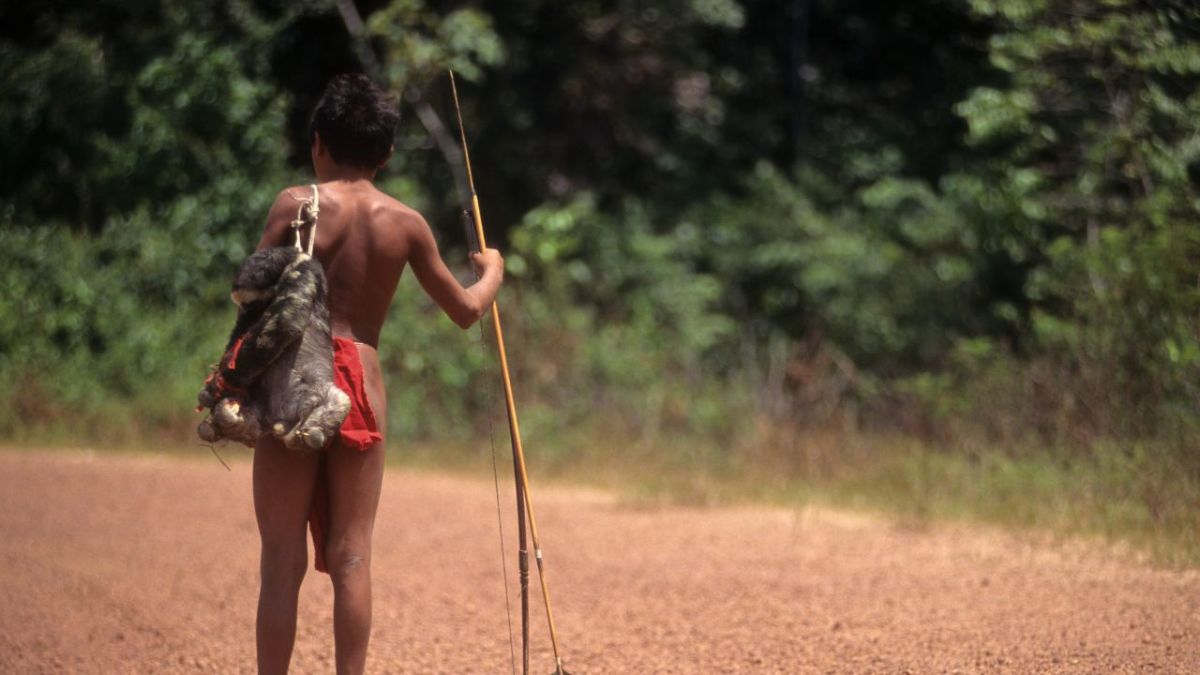

From Martin Gebhardt. Check out my “About me” page.
👉 The key facts from this guide
- Our ancestors learned through necessity, curiosity, and fun, without fear of consequences.
- The western education system is based on fear, prohibitions, duties, praise, and criticism.
- Indigenous peoples and our ancestors had a strong connection to nature and its resources.
- The modern education system separates children from their families and the adult world.
- Fear makes you stupid: a fear-free learning environment is crucial for successful learning.
- Meet children at eye level, show empathy, and give them space to unfold their full potential.
When my children were born, and I dealt with kindergarten and later with school, I began to have doubts about whether the Western education system really helps my children.
After starting my training as a wilderness educator in 2021 and coming into contact with the learning methods of our ancestors and indigenous people, my opinion solidified - our school system doesn't work.
I even say: Our school system prevents learning and destroys the joy of learning.
Why I see it this way, you will read in this article.
How did our ancestors learn?
Learning through necessity, joy of learning, without fear of consequences
The way we learn is not the same as our ancestors.
And when I talk about ancestors, I mean those peoples who lived in closer harmony with nature and without today's technology, such as the Celts.
You were born with the natural ability to learn out of necessity, and you learned because you wanted to, not because you had to.
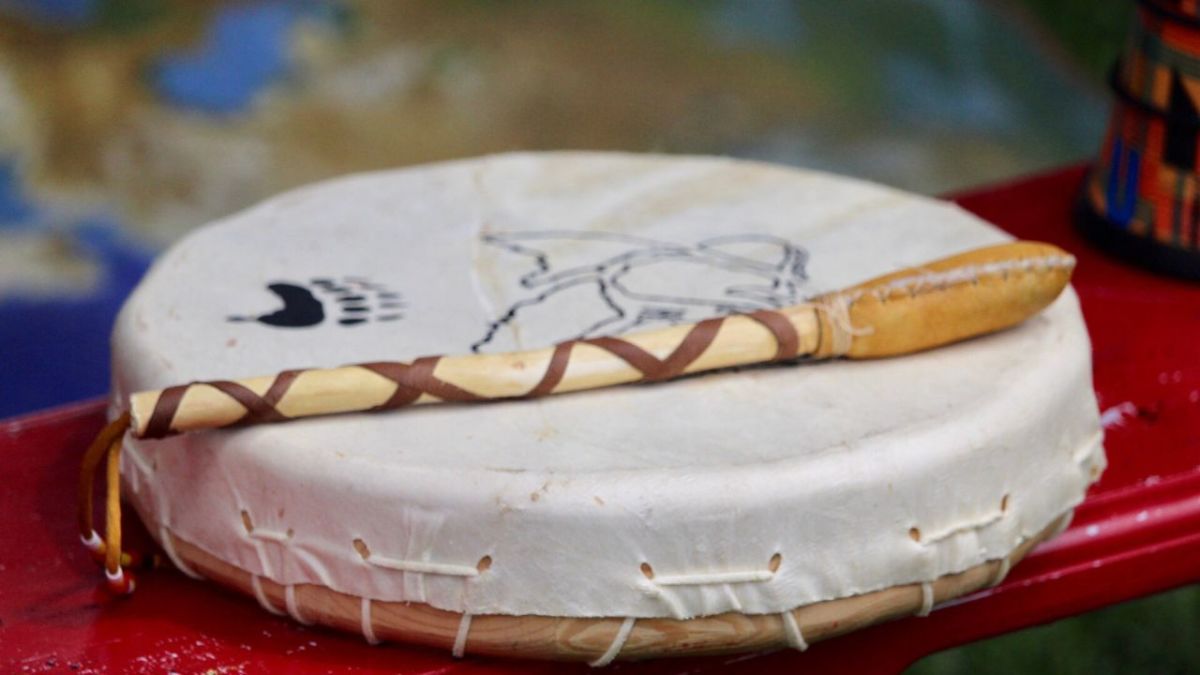
So again, because I consider it essential:
You learned primarily out of necessity
Here's an example: Fire needs to be made.
Children who are born into the clan see every day that it is necessary to light a fire.
When they are older, there will come a day when they ask on their own: Can I as well?
The child wants to try it out for themselves first. It is the curiosity that is deeply ingrained in all of us.
And one day, when the child can light a fire itself, clan members will later assign the task to the child to light a fire.
This is what the child, more precisely the adolescent, will also do.
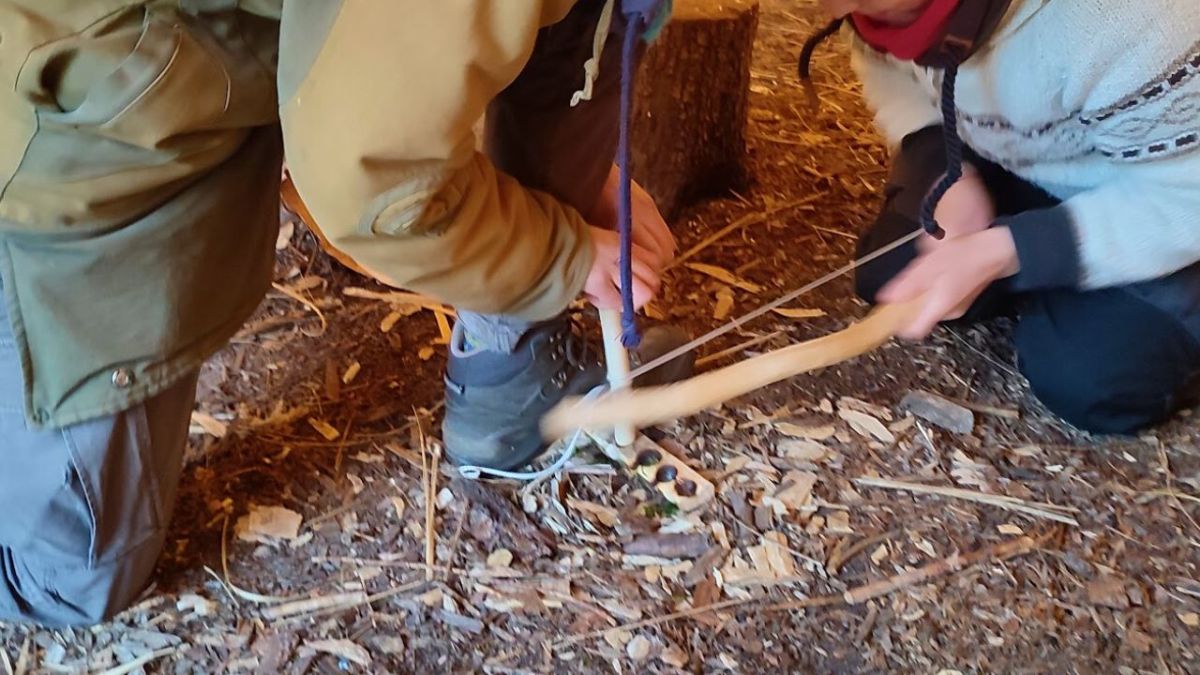
The question is, what happens when the person says: No, I won't do it. (However, this never happens, just as an example)
Then the whole clan is without fire. There is no food, nothing can be produced, no one can warm themselves, and animals may come closer at night.
What do you think? Will the person still not light a fire or will it make a fire?
I promise you that the person will make fire because it directly affects their lives. There is an extremely clear connection between the fire and the person.
From necessity, the person will therefore be interested in learning how to make fire.
Otherwise, the absence of fire would have massive consequences that would impact the life of the entire clan.
Fact 1: Learning out of necessity possesses an immensely strong power.
Learning through curiosity
The fact is that children are interested in everything in the world from birth.
Destroying this interest will turn learning into agony.
Our ancestors and also indigenous people are aware of this interest and encourage children by maintaining their interest.
For example, by asking questions that increase motivation to solve a question oneself.

Immediately giving an answer would destroy the puzzle.
A child once held a feather in front of my nose and asked me which bird it was from. I knew it was from a woodpecker, but I didn't reveal it.
What would the answer have brought? Would the child have learned anything? No.
I therefore revealed a few facts about the bird (because the child needed some achievements), but not the name.
My suggestion was then: Take the pen with you and search for the facts in books or on the internet.
I can only hope that the child accepts the invitation.
If it does, the child will establish a connection to this feather. It will spend time and ask questions with the feather. It may read more about the bird and get to know it.
Then it might see or go looking for the bird - or it will be on the lookout for its bird song.
Also read
8 underestimated skills of Indigenous peoples of America - and what we should learn again - The Indigenous peoples of America were incredibly skilled in everyday life. Find here a list of survival skills that we should learn from.
Learning through fun
When people enjoy something, it won't feel like "learning" to them.
Some children are asked by their parents after a day in the wilderness: So, how was it in the forest, what did you learn?
Then the children say: "Nothing, we played games and had a lot of fun."
And I think to myself: Wonderful.
Even though children often think they haven't learned anything (whatever that means in their minds?), they have definitely learned something.
When it comes to playing, for example, they learn about the relationships between animals: The bear, for instance, hunts a bison and only in a community can one fend off a bear.
Learning through childlike preferences
What do children love?
Of course: Hide, run, sneak, dig, explore, investigate, hunt, shoot, throw, search, roam, climb, swing, chase, jump, be found, ask questions, be asked questions, listen to stories, make up stories, make music, goof around, and much, much more. The list is long, and you should read it in the book "Coyote-Guide" Book 1.
"Childish preferences" is a collective term for things that children naturally like equally on all continents. Children love these things because they make them feel alive and joyful.
You should tap into children's preferences, as this will attract and engage them on your website.
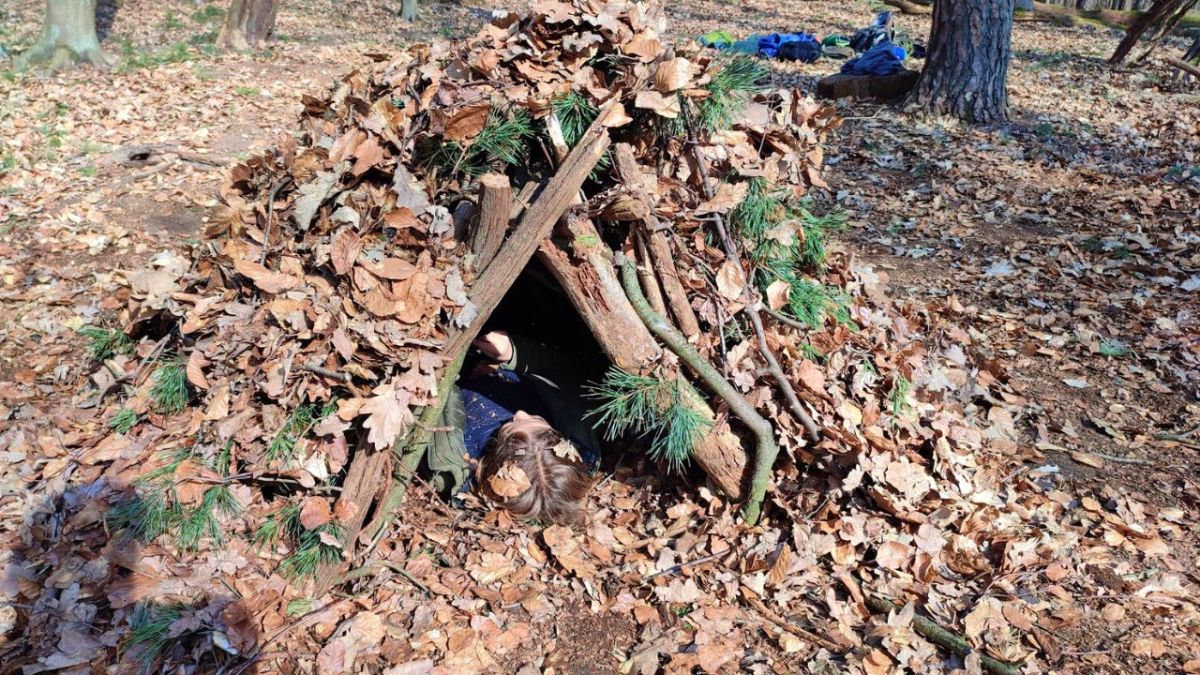
But there are exceptions here too: Every child has different preferences. Some align with the preferences of all children, some not at all.
But in general, children love playing games, asking questions, listening to stories, and singing.
And our ancestors knew that too, because they played games, told stories, and sang songs with the children.
Children enjoy, among other things, explorer missions to then build and draw a map.
I would like to compare the methods of the Western world.
The Western Education System: How do people learn there?
I must first point out that children no longer learn with their families, in their clans, but in school. So, there is an institution that takes in children and is there for the purpose of children learning.
The institution did not establish children, but adults. The adults say what, how, and when (at what time) the children should learn.
Here is the first major difference: The children no longer learn in the clan, so they have no idea what their parents do during the day and the parents do not know what their children are doing.
Therefore, there is also no close connection between them, and it will be difficult to empathize with each other.
In addition, children often have developmental differences, which is completely normal. But suddenly all children are supposed to learn multiplication at the same time (WHEN).
In addition, it is specified HOW the children are supposed to learn it. There are learning materials and practical examples - so that a connection could be made - there are almost none.
And WHAT the children are supposed to learn is determined by the adults. What if a child doesn't want to do math right now, but instead gets absorbed in writing with joy? There is no room for these individual preferences in school.

Now the next points in comparison to the learning method of our ancestors:
Need: Is there a need for chemistry lessons? Does the subject directly affect the child in their current situation? Or for biology? Or for written division? No, mostly not at all! The child has no connection to these things 99% of the time. How is someone supposed to internalize something then?
Curiosity: Well, children are naturally curious. But what if a child cannot pursue their curiosity because they only have 45 minutes and are locked in a room? How can curiosity and motivation be maintained in such a situation? It is impossible without the right environment and a mentor.
Fun: Have you ever seen children laugh from the bottom of their hearts while writing a math test? I haven't, and it won't happen either. The only thing that still brings children joy in regular school are the breaks, because that's where they can do the things that are fun with their friends.
Childish preferences: Can children hide in school? Run through the school building? Get dirty? Throw and search for things? Far from it! Please sit still 6 times 45 minutes a day. Not even most adults do that for so long.
And here is another important point that is close to my heart.
The Western philosophy of education is based on the idea that learning only works with fear!
"Scaring has always been considered a primitive means of education." - Kurt Singer, Educator
Who has never been afraid of a class test, afraid of being laughed at in front of the class, afraid of an unannounced test, afraid of the result, and afraid of having to show it to their parents?
Or fear that the teacher will read the grade out loud in front of all classmates, fear of being called upon, fear of being humiliated by other students, fear of tests or fear of report cards?
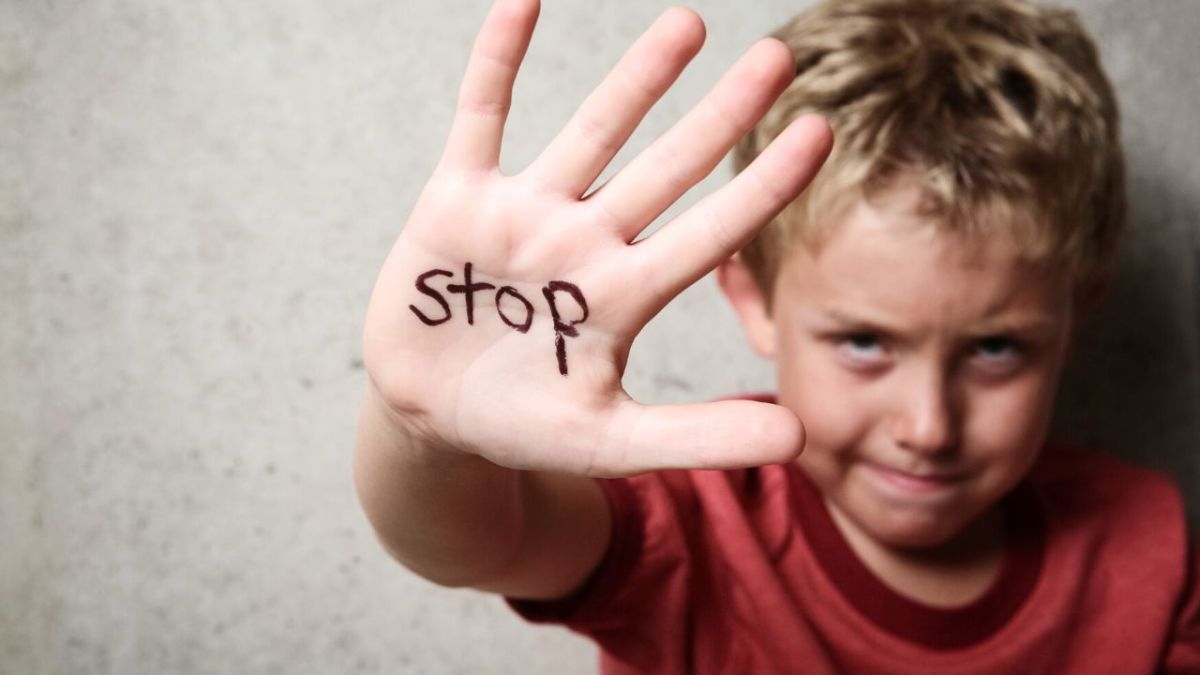
"Fear makes you stupid!", as the psychoanalyst Zullinger already knew, and Kurt Singer writes the following in his book "Does school prevent learning?":
"Certainly, there are numerous children in our schools who become stupid due to fear. However, there is a remedy for this stupidity: the good emotional agreement between teachers and students. So, if we ask whether our schools hinder learning, we can say: They certainly do so where an atmosphere prevails in which children cannot work without fear."
Did our ancestors scare children to make them learn? Certainly not.
You knew and were confident that the children would learn all those things. Truly internalize and understand. No memorizing 30 pages of biology notes that were completely forgotten after the exam.
Is learning when a person briefly remembers something and then forgets it again?
No, absolutely not! That is nonsense and does not help the learner at all in their life.
Here is a comparison in the form of a table:
| Native Learning Philosophy | Modern Learning Philosophy | |
| Learning Method | Necessity, curiosity, fun, trust | Fear, prohibitions, duties, praise, criticism |
| Connection to Learning | Yes | No |
| Learning Environment | Nature, everywhere | Often only indoors |
| Learning Relationship between People | Together | Against each other |
| Teacher is | Mentor at eye level; leads respectfully and supports | Authority delegated from above |
| Connection between Mentor and Child | Yes | No |
| Connection to Adult World | Yes | No |
| Focus on Learning | Family, clan, community | Individual |
| Community lives as | Cooperation | Confrontation |
| Requirements | Personalized | Standardized developmental milestones |
What would be good learning content? What is intelligence?
Oh sorry, that I'm coming up with it now, but it's also essential.
The modern era considers an intelligent person to be someone who knows a lot, meaning they have accumulated a lot of knowledge in their mind AND know how to use it economically.
So, once again in black and white: Someone is considered smart these days if they can make a lot of money.
What about the indigenous people? What about our ancestors?
I believe the word "intelligence" doesn't exist there, or it's not significant. But if there was something like "smart," then the person would be smart who knows how to live in harmony with nature. How to take care of resources, that is, plants, trees, animals, and the earth.
Truly intelligent people would immediately take care to maintain their livelihood.
Accordingly, every animal is smarter than most humans. Animals do not hunt for fun or destroy their environment out of greed. Indigenous people and our ancestors never did so either, because they knew how important nature is for their livelihood.
Where did they know that from? Because they had a connection to things and beings. To trees, plants, stones, the earth, the water, the air, the animals, the seasons. Everything was connected, everything was important to each other.
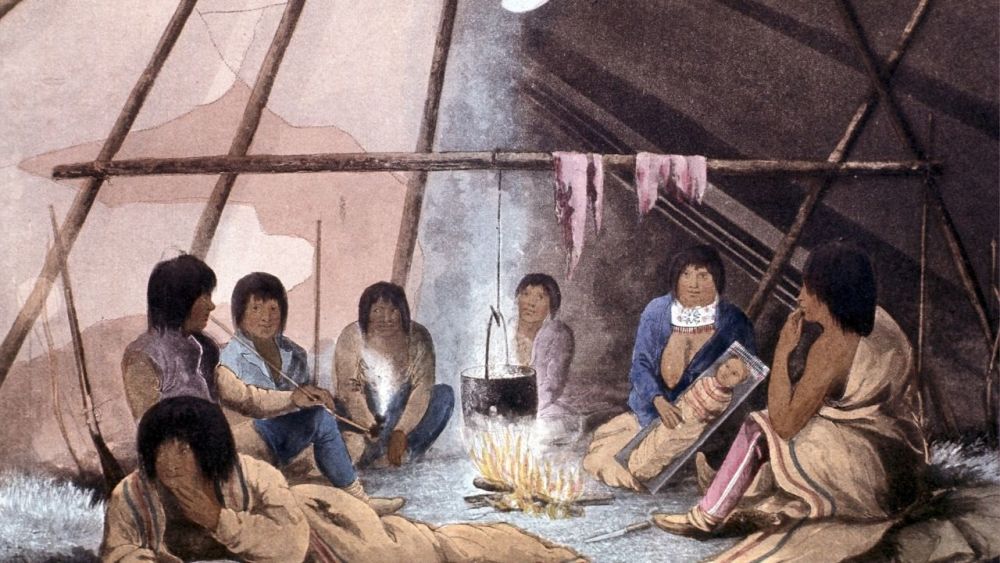
Conclusion? Fear makes you stupid
Western school systems use punishments and rewards to enforce learning, while indigenous peoples use a system in which children want to learn voluntarily because they have no fear of punishment.
Modern students in Western schools often have a fear of learning because they are unsure of what will happen if they make a mistake.
You are taught that mistakes are bad and should be avoided at all costs.
Our ancestors, on the other hand, had an in-depth understanding of the world and knew that mistakes are an inevitable part of life.
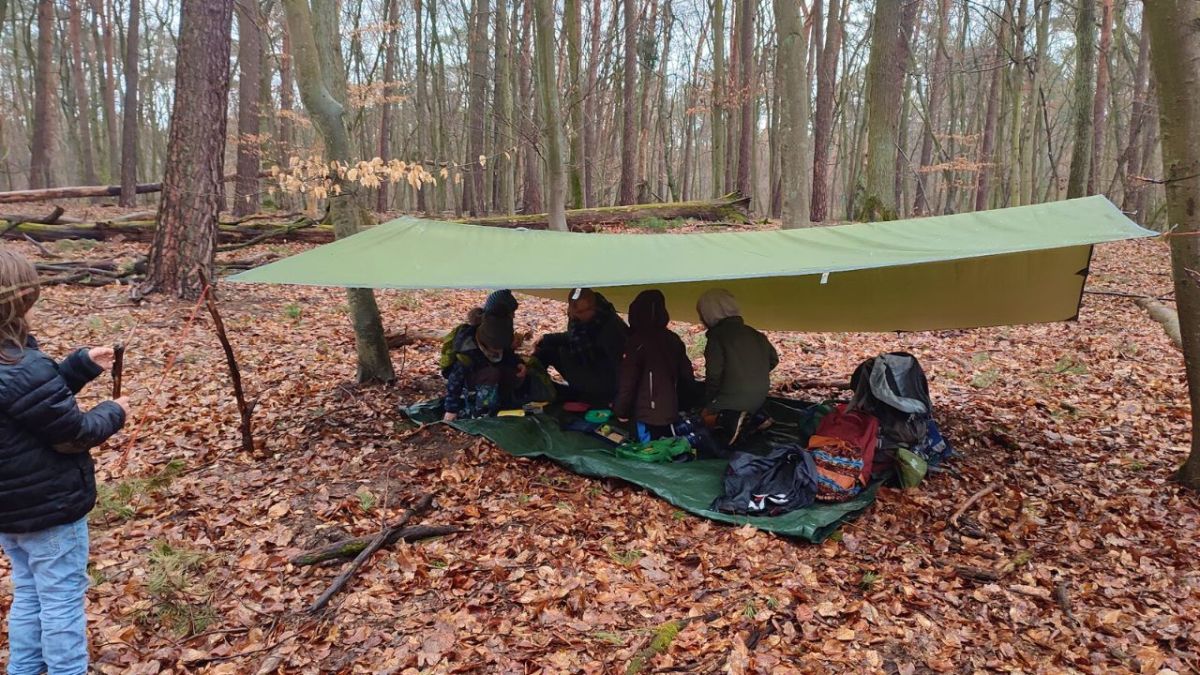
Whenever you have the opportunity to work with children, take the time for them, meet them at eye level, listen and accept them according to the principle: "They are doing their best".
Don't discipline them, give them space and accept them as they are.
Stop squeezing them into your adult fast-paced work schedule, because it doesn't harmonize with a child's life.
Show empathy, kneel down, so you can look at them and not from above.
Over time, you will notice how they flourish - some quickly, others take forever.
And the behavior of the children will touch your heart.

Sources for the guide
https://www.taunus4family.de/erziehungsgeheimnisse-indigener-voelker/
https://www.derstandard.de/story/2000131154247/autorin-wir-sollten-unsere-kinder-nicht-staendig-zu-etwas-zwingen

Author of the guide
Martin Gebhardt
Hey, I'm Martin. On my blog, you will learn the basics and numerous details about living in the wild. I think survival, bushcraft and the good life in nature are the keys to happiness. Find me here on Instagram or on YouTube. You can find more about my mission on the About Me page.
Was this guide helpful?
21 people found this guide helpful.
5.00 out of 5 points (21 Ratings)
Comments (0)
This post may contain affiliate links. So if you click on the links and make a purchase, I will receive a small commission at no additional cost to you. Click here, to learn more about it.



